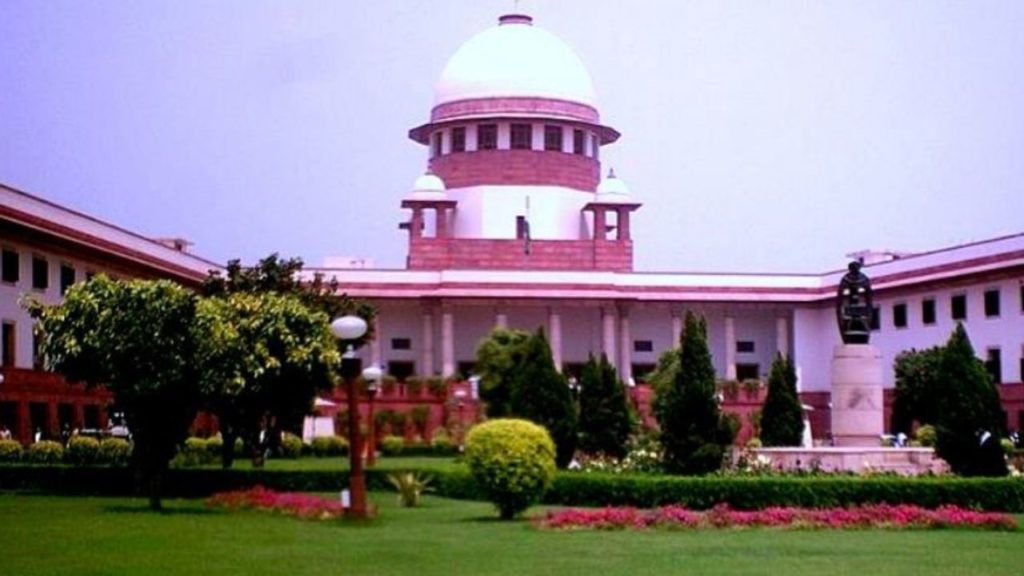Supreme Court Accepts Petition To Ban WhatsApp Payments In India; RBI, WhatsApp Asked To Reply

WhatsApp is reportedly launching its payments option, WhatsApp Pay in partnership with three private banks in India soon.
The Supreme Court on May 13 agreed to hear a PIL seeking a ban on WhatsApp Pay alleging conspicuous offensive violations of regulatory norms.
The court has sought a reply from WhatsApp-owned Facebook, the Reserve Bank of India (RBI), National Payments Corporation of India (NPCI) and the union government within 3 weeks.
Read to find out more…
Contents
WhatsApp Pay Launch Delayed? Again?
The Supreme Court has sought response from the finance ministry, NPCI, the RBI and others as to why WhatsApp should not be punished for breaches and flagrant violations of regulatory norms and also asked to comply with all regulations before the final launch of its payment gateway.
A bench led by Chief Justice SA Bobde issued notice to Facebook, the RBI, NPCI, ICICI Bank and the ministries of finance, electronics & information, law & justice and home affairs.
Furthermore, the court also observed that the pendency of this plea shall not come in the way of the RBI granting approval to WhatsApp Pay. The SC said in its brief order, “It is made clear that there will be no stay of the proceedings with respect to the application of WhatsApp by the Government, which shall be processed in accordance with law.”
WhatsApp Not Complying With Data Localisation Norms and Data Encryption?
The brief order also tagged the PIL filed by the Good Governance Chambers (GGC) who claims to be an ‘unregistered think tank’ comprising lawyers, computer scientists, economists and thinkers. The apex court was hearing a plea filed by Good Governance Chambers. The latest PIL comes on the back of a pending plea that raised the issue of WhatsApp’s compliance data localisation norms and data encryption while red-flagging regulatory lapses.
Senior counsel Kapil Sibal, appearing for WhatsApp, also undertook that the Facebook-owned messaging application will ‘not go ahead with the payments’ scheme without complying with all the regulations in force.
The PIL stated, “Despite claiming to have a secured and safe technology Interface and infrastructure, WhatApp has been known to have paid to secure sensitive data of its users and subsequently even failed to assume accountability and responsibility for the same.”
It also added that alleged violations by WhatsApp, with its reach of over 400 million active users in India, could pose a threat to security and privacy of crores of users.
Conduct of RBI and NPCI Questioned!
The new PIL other than seeking a ban on WhatsApp Pay is also pushing for regulatory action by the RBI and the NPCI, against WhatsApp. The plea also urges the court to ensure that no regulatory norms such data localisation norms are relaxed to accommodate WhatsApp.
The PIL has also questioned the conduct of the RBI and the NPCI, alleging that despite violations of the regulatory framework, the regulators have extended ‘preferential treatment’ to WhatsApp.
The plea argues that NPCI repeatedly granted permission to Whatsapp to continue activities in complete disregard of public policy.
WhatsApp Should Launch A Different App For Payment?
The plea argues that WhatsApp was given the nod for beta testing for launching a ‘dedicated application’ for Unified Payment Interface (UPI) transactions in February 2018.
It says that instead of developing a separate application, WhatsApp embedded in its messaging service the tool of UPI transactions. The plea states, this is ‘blatant and willful violation’ of mandatory guidelines and regulatory norms that form the very fundamentals of the UPI system. This poses a serious threat to the monetary policy of the country.
Furthermore it argued the combining of two services on the same app involves several complications wherein sensitive data of the user is put to high risk.
The plea also argues that WhatsApp has violated various other regulatory norms governing securing of user financial data, data localisation, two-factor authentication and system for lodging complaints.

Comments are closed, but trackbacks and pingbacks are open.